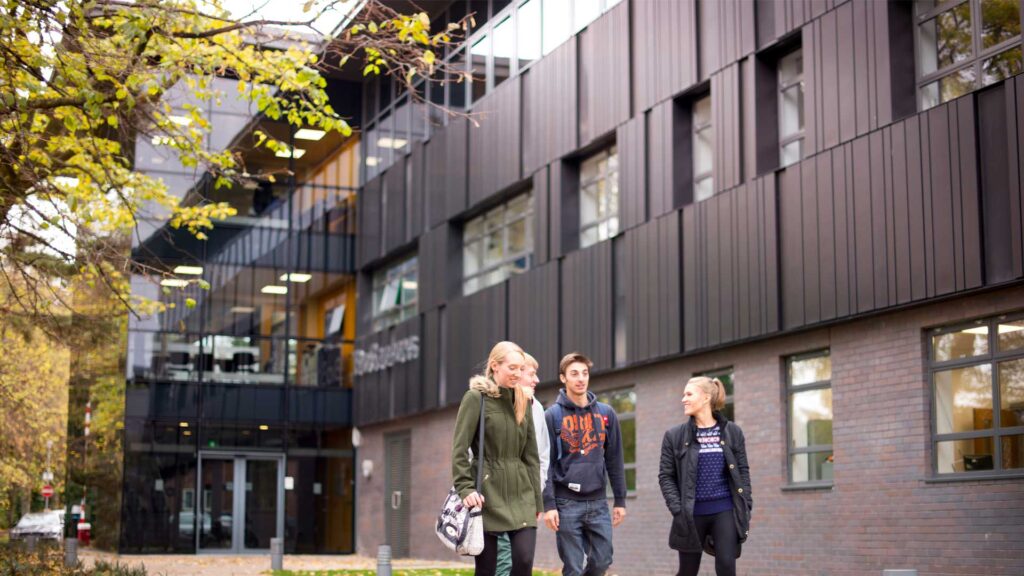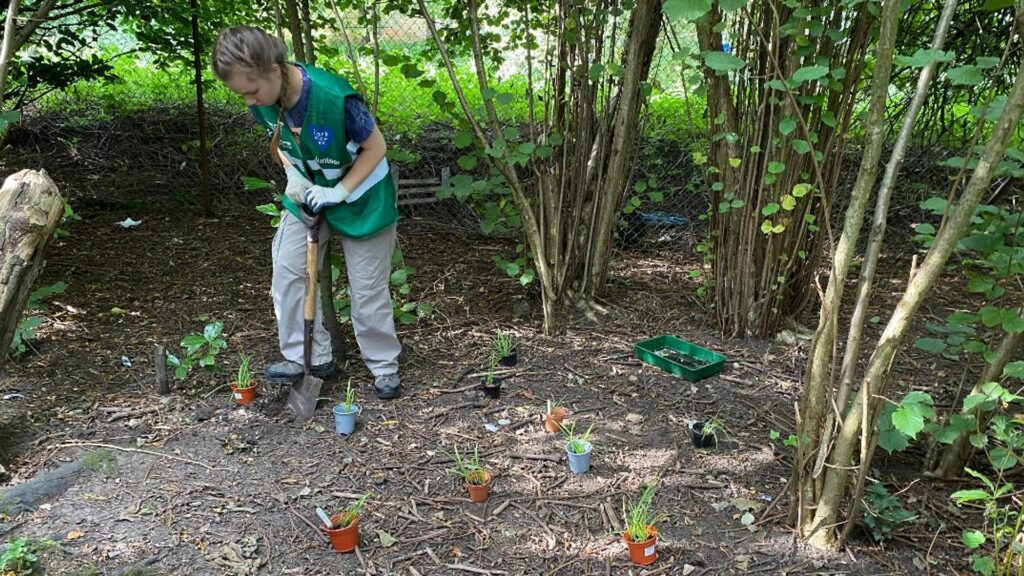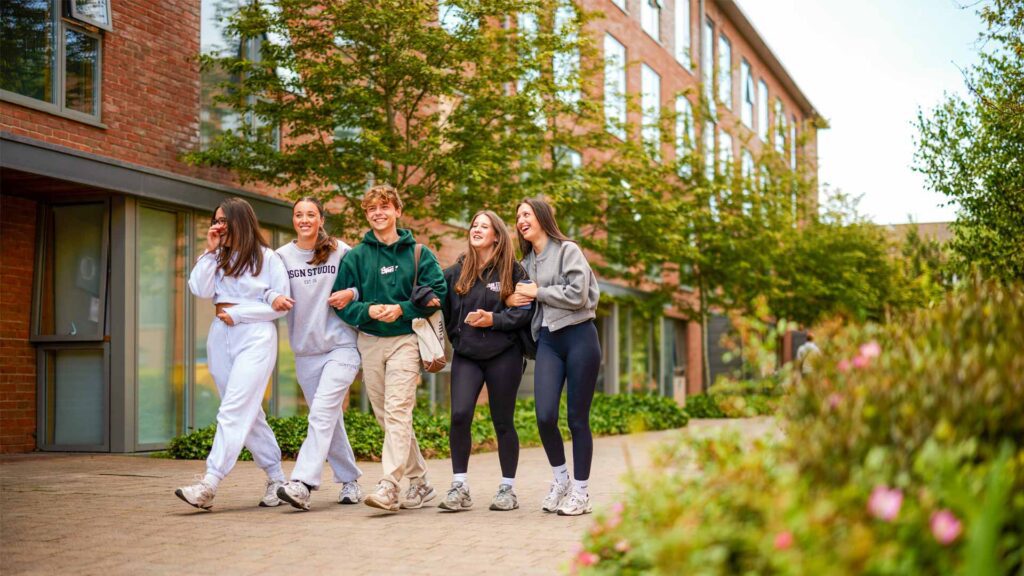BSc (Hons) Ecology and Conservation course preparation
To help you feel prepared for your BSc (Hons) Ecology and Conservation studies, we’ve put together information about where you can expect to learn and other tips on how to prepare for your transition to university. Read on to find out more.

Where your learning will take place:
You’ll be based in our BioSciences building, which includes facilities and resources such as:
- impressive, modern laboratories – some of the best equipped facilities in the country
- fluorescence and scanning electron microscopes
- DNA extraction and analysis equipment
- climate controlled insectaries
You’ll also benefit from our brand-new £17.4m Life Sciences Building. Here you’ll find dedicated student research labs. And you’ll also find a number of the best nature reserves in the country are closeby so you can take your learning off campus too.
Prepare for university
We know that you’re aware that you’ll be putting in hard work to study for your course when you arrive. But it’s not just academic skills that you’ll be using once you’re here. And there are a few skills that you might want to start to build now so that you’re a pro when it comes to the start of your studies in September.
- Time management – you may have conflicting deadlines as well as other personal activities to consider. So you’ll want to make sure that you manage your time well so that you can do everything you’d like to do. But, there may be times when you can’t do it all but managing your time well will help you to prioritise which activities are necessary and which you have to miss out on.
- Critical thinking – it’s important to show your true understanding of the topics you cover in lectures. And for some of this, you’ll need to critique the work you’re studying in a professional, academic manner. You may already be completing tasks like this in your current studies, so university will be a chance to enhance these skills. Don’t be afraid to share your opinions.
- Teamwork – some modules may require you to work with others on your course to complete tasks and discuss analytical findings.
- Independent work – in contrary to the above, it’s also important to be able to work independently. The majority of your work will need to be submitted individually so it’s important to take ownership of your learning. And if there is something that you don’t understand, make sure to ask your tutor.
- Self-motivation – you’ll be encouraged to work more independently which means that you won’t have a teacher that chases you up to make sure you’ve completed a piece of work on time. So it’s important that you hold yourself accountable and make the decision to put the work in.
To remind yourself of your modules, please visit your course page:
If you’d like to complete any preparatory reading, you can search for any reading related to your course on our online reading list.

Useful websites:
- Hang out with scientists online via The Natural History Museum and The Linnean Society London.
- Use the BBC and Guardian websites to follow science stories in the press.
- For great articles and insights, visit NewScientist.com
- Create an online to-do list on Trello.com
- Research future careers in Bioscience at: www.prospects.ac.uk
Materials you may need:
It’s a good idea to wait until you start your course to buy any books or specific equipment as your tutor will be able to provide more details about what is essential. And our library may be able to provide you with reading materials. But there are a few things you may want to consider.
- Academic diary – a staple to help you with your time management as well as upcoming tasks in both your academic and personal life.
- Notepads and pens – some people prefer to do this digitally rather than on paper, whichever you prefer, make sure you have the resources to complete any notes you’d like to take. If you like to write on a physical notepad, consider an A5 size so that it’s easier to carry around.
- Journal – it’s a good idea to start writing your journal now so that you can get practicing ready to write your lab book.
And of course, anything else that you like to use for your academic studies, like highlighters, flashcards and folders.
You’ll also get to take part in a lot of fieldwork on the course, at all times of year and in all conditions. When embarking upon a career in ecology and conservation, we expect you to have the following personal gear:
- walking boots
- full waterproofs (jacket, trousers)
- backpack
- water bottle and flask
- hat and gloves
- sun hat and sunscreen
Before you arrive, check out our UniSkills workshops. These sessions are designed to help you to build the academic skills that you’ll use throughout your time with us and beyond. Keep an eye on your emails for more information.

Making friends
We understand that sometimes it can feel daunting when you join somewhere new for the first time. But we’re here to reassure you that whatever you’re feeling is normal and perfectly ok. Once you arrive, you’ll be able to find out what activities and clubs/societies are available for you to get involved with. These are the perfect way to meet like-minded individuals who share your passions. Make sure to use our Student Life Portal to keep up to date with all the student events happening at Edge Hill.